One of my favourite shops is MUJI – the Japanese “no-brand” brand which sells a wide variety of household and consumer goods distinguished by its emphasis on minimalist design and environmentally friendly manufacturing.
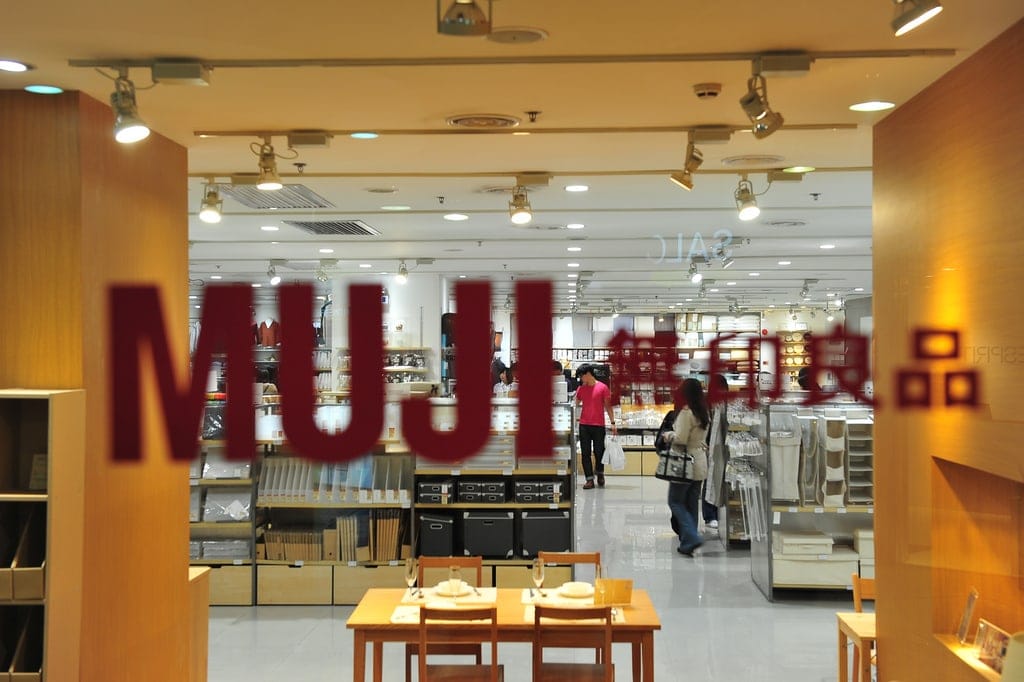
“No matter how luxurious, an environment that is not clean is not comfortable. Simple surroundings – whether home or garden – that are cleaned spick and span, on the other hand, are pleasant and beautiful… Minimalist rather than showy is thought to be more pleasant: a simply and sparsely furnished living room has long been considered preferable.”
MUJI stores reflect this philosophy through their clean, bright interiors with simple shelving which display their products in a neat and orderly way. Unfortunately, there are none in mainland China near me but whilst I was in Taipei I spotted several stores and couldn’t resist taking a quick look inside.
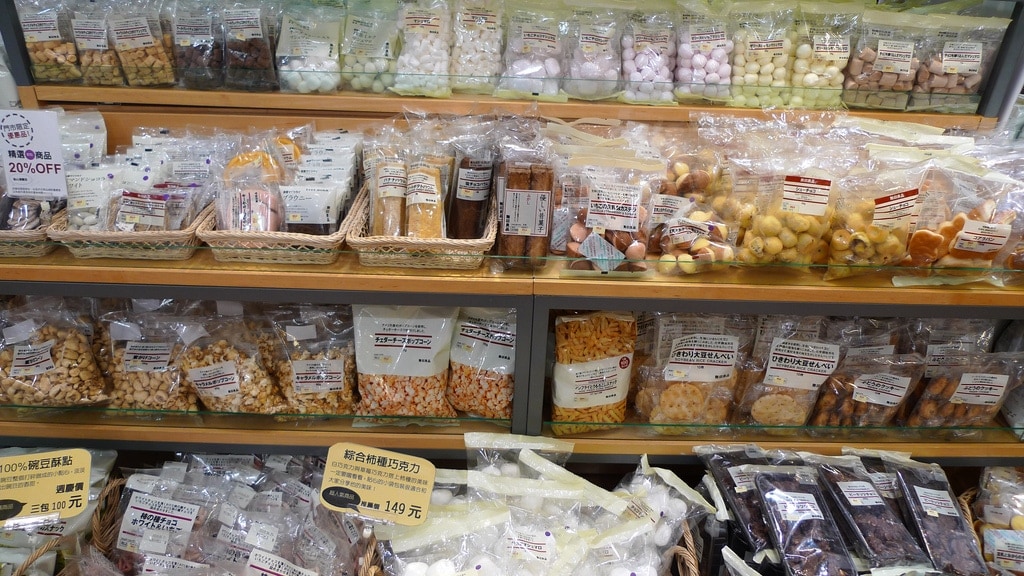
Unlike other stores I’ve visited in Hong Kong and the UK, I was surprised to find they were stocking a huge variety of packaged foods and drinks. Everything from dried fruits, to nuts, to soup, and even curry was catered for – half of which I had no idea what it was!
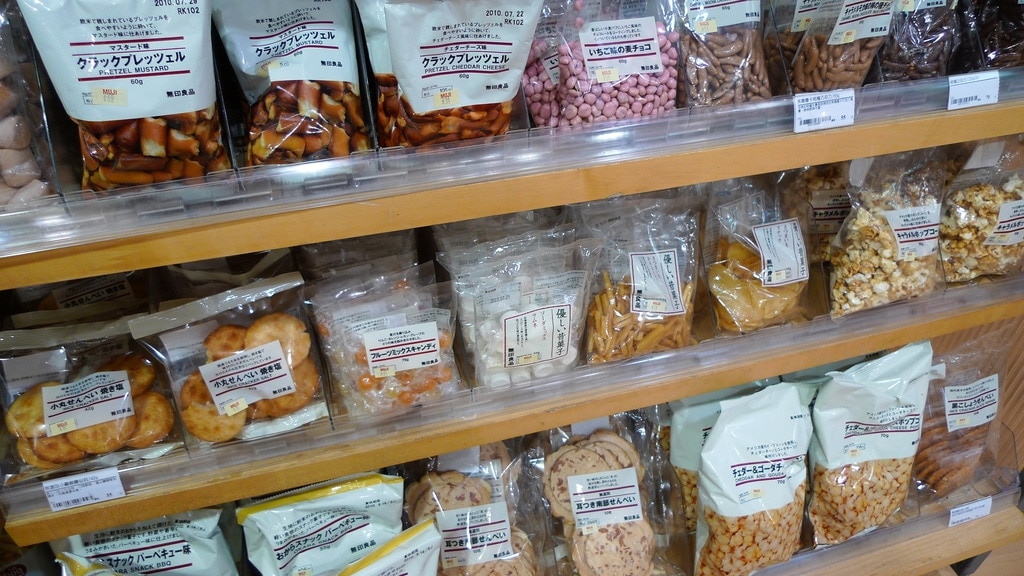
“The concept of rationalizing products by totally eliminating wastefulness, and at the same time making them more attractive, is at the heart of traditional Japanese aesthetics… Simplicity does not mean merely austerity; its appeal can be greater than that of luxury. And in an age when individuality and preference rule, eliminating precisely these qualities allows customers to find their own uses for products, giving free reign to individuality.”
The company has even experimented with a house design – as you might expect it’s pretty much a livable version of their stores. I think this design style fits quite neatly with my idea of Comfortalism (the middle path between consumerism, minimalism and environmentalism).
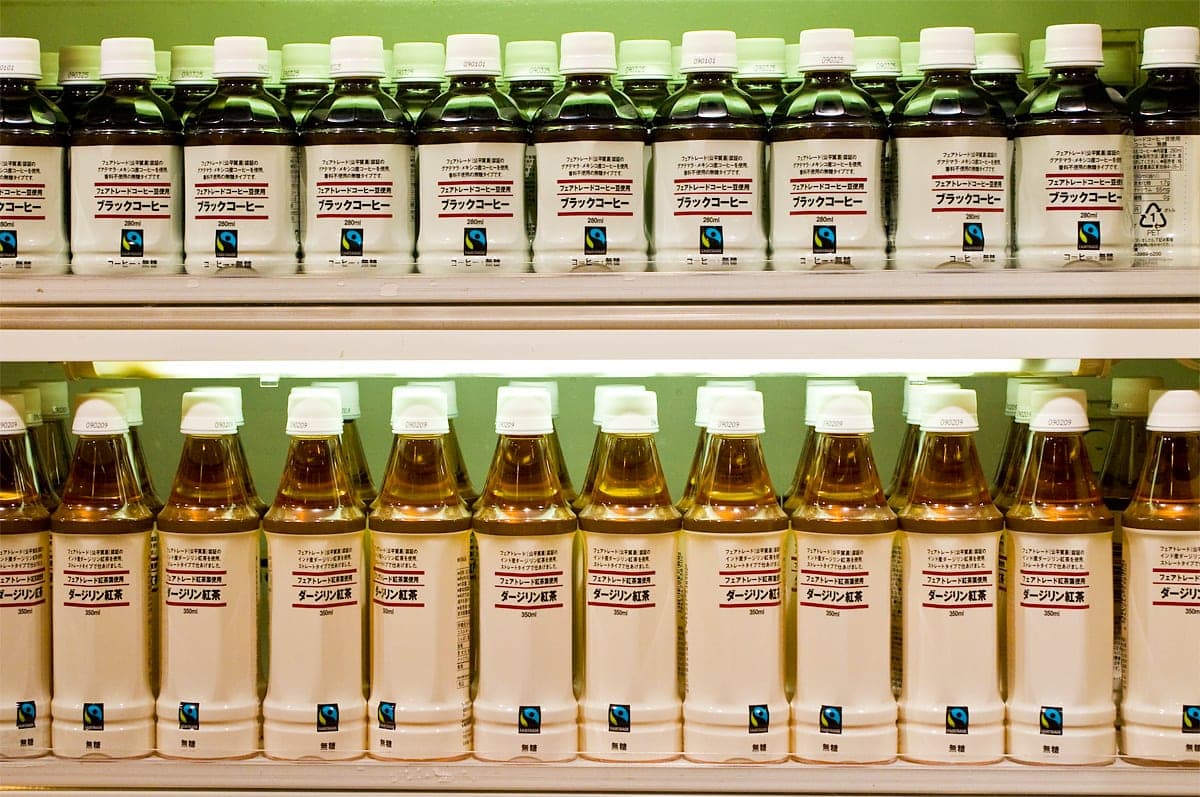
Photo by Jasper ter Schegget
There’s something refreshing about buying a product which doesn’t scream where it came from, carries out its task simply with minimal fuss and has been made in a sustainable way. The things we own in our lives have a direct influence on our happiness to the extent that we interact with them daily and somehow this notion of simplicity through reductive design makes for a far more enjoyable experience without even realising it. When a product does what you want it to do without being obtrusive or needing to understand it then it’s achieved its goal.
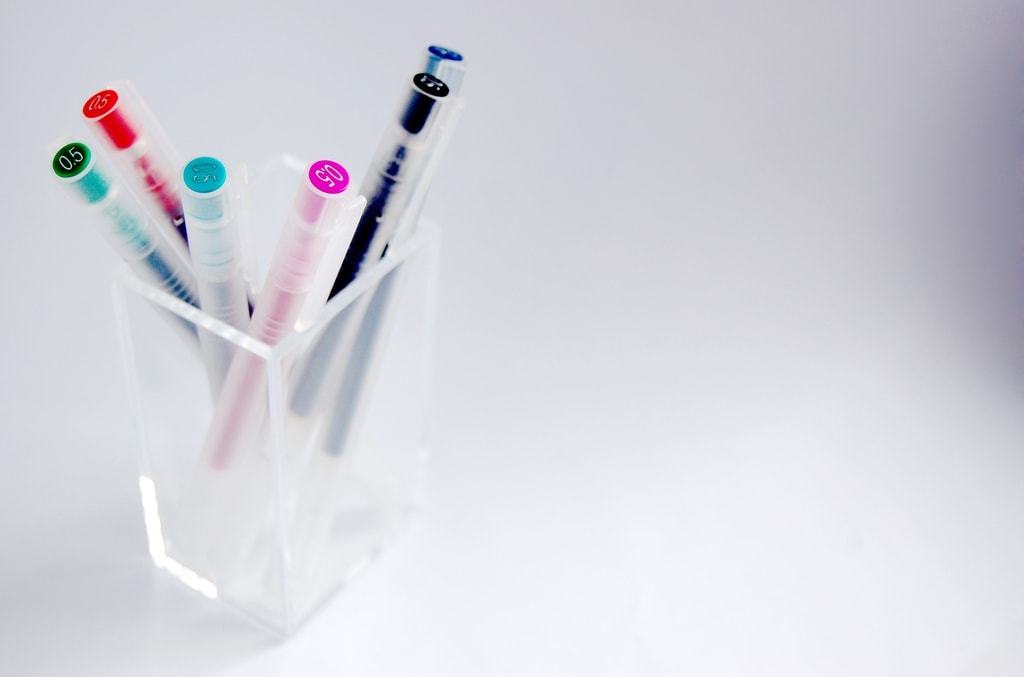
Photo by Jessica C
IKEA (Swedish), UNIQLO (Japanese) and Apple (American) are some other brands with similar philosophies that also appeal to me. Simple, useful, understatedly beautiful. If only everything in life was like this.

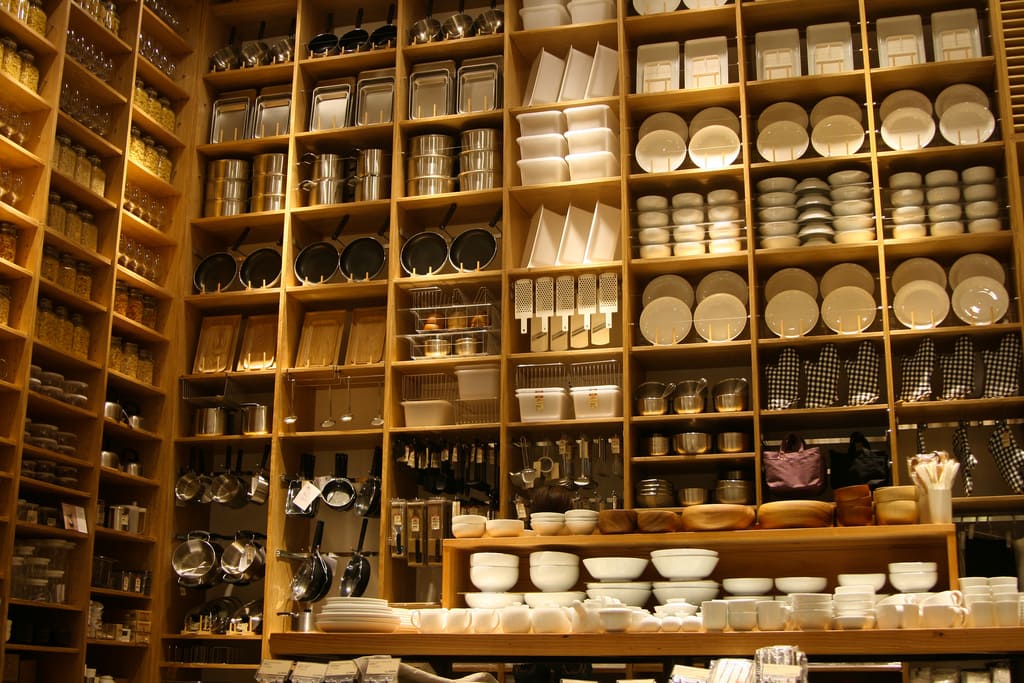
Reply